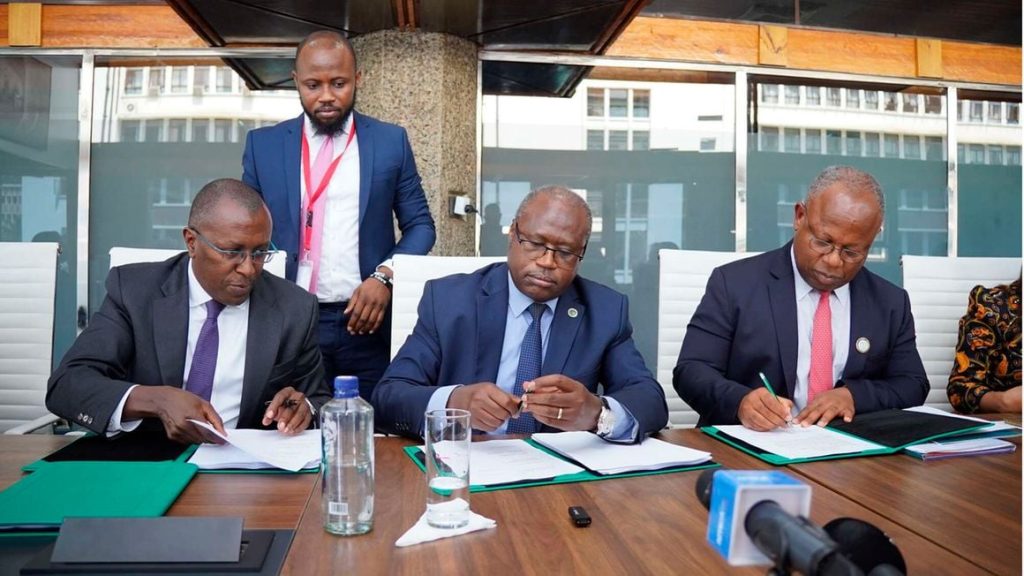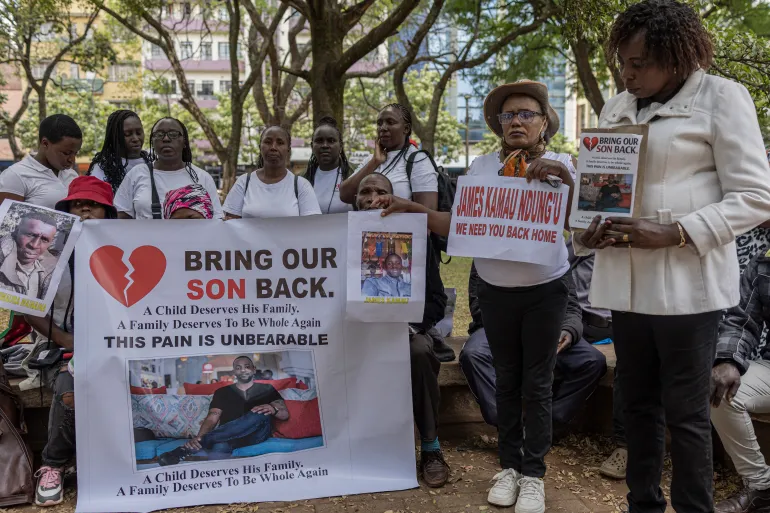A proposed education bill in South Africa that would give the government more authority over language policies in schools has sparked concerns about the future of the country’s government of national unity, the second-largest political party warned on Wednesday.
The bill aims to give the government control over language and admission policies in schools, which are currently set by school governing bodies made up of parents and community leaders. Critics argue that the bill threatens single-language schools, particularly Afrikaans-speaking institutions, which serve the white Afrikaner minority and others who speak the language.
In South Africa, there are 12 official languages. While most schools eventually adopt English as the primary language of instruction, some schools continue to teach in Afrikaans, a language that developed among Dutch settlers and other European colonialists in the 17th century.
According to government data, of the 23,719 public schools in the country, around 2,484 teach in Afrikaans.
John Steenhuisen, leader of the Democratic Alliance (DA), stated that he plans to meet with President Cyril Ramaphosa before the bill is signed into law on Friday. A civil society group has already indicated it will take legal action to challenge the bill if Ramaphosa signs it.
The Democratic Alliance, which joined the African National Congress (ANC)-led government of national unity in June after the ANC lost its parliamentary majority for the first time since apartheid ended in 1994, is strongly opposed to the bill. The ANC, however, argues that the bill is necessary to prevent the exclusion of Black students from schools where Afrikaans is the only language of instruction.
Steenhuisen emphasized that during negotiations to form the unity government, the DA made it clear that the education bill was unacceptable in its current form. He warned that the bill threatens students’ constitutional right to be educated in their mother tongue.
“If the president ignores these concerns, he risks undermining the government of national unity and the goodwill that formed its foundation,” Steenhuisen said.
President Ramaphosa now faces the decision of whether to sign the bill into law or return it to Parliament for revisions if he believes it may not withstand constitutional scrutiny.
Afriforum, a civil society group, criticized the bill, claiming it would lead to the elimination of Afrikaans-language schools and result in the schools becoming exclusively English-medium institutions.























